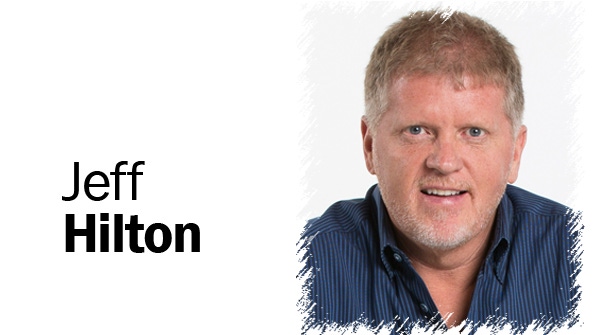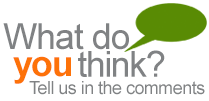Convergence is changing the marketplace—are you ready?
As the lines blur between supplements, foods, beverages and pharmaceuticals, smart industry players are working toward more customized, personalized approaches to healthcare and wellness.

There’s something in the air these days. It’s the sound of change and evolution in the healthy lifestyles sector. It’s a movement with momentum, and it is driving the marketplace. I like to call it convergence. And it manifests itself in a number of ways that provide insight into where we are headed as an industry.
Category Convergence
The lines are blurring between supplements, foods, beverages and pharmaceuticals. Consumers are increasingly relying on enhanced and fortified foods to supply the dietary supplementation traditionally and historically delivered through tablets and capsules. Smart dietary supplement manufacturers and suppliers should already be developing plans to make sure they have a presence in the burgeoning functional food and beverage categories.
In addition, convenience and portability is driving consumers toward alternative dosage forms that are more easily consumed and transported. Smart dietary supplement manufacturers should already be testing alternative delivery forms for their nutrients. Pill fatigue is not just a senior's issue…it’s a people issue.
Channel Convergence
The paradigm of control in the marketplace, in case you haven’t noticed, has been turned upside down, with the consumer in control and having all the power. Consumers can quickly and easily price shop and compare retail offerings with direct-to-consumer websites. And increasingly more integrative physicians are recommending and even dispensing dietary supplements to patients. So as these distribution channels continue to overlap and merge, the competition for consumer mind share is intensifying. Smart marketers are establishing revenue streams in each of these growing channels to tap into consumer trends in self-care that show no signs of diminishing.
Technology Convergence
If 23 & Me, Fitbits, Apple watches and other innovations in wearable technology have taught us anything, it is that consumers don’t need (or want) a doctor to tell them what’s up with their day-to-day health status. For catastrophic illness, MD’s are still the first resort. But for more general maladies and aging/prevention strategies, consumers are self-diagnosing in droves and using technology to monitor their cholesterol, blood pressure, sleep patterns and even genetic propensities. Who knew?
And that’s just the beginning. Smart marketers are working on plans to integrate their products with these emerging technologies, or are running the risk of getting left behind.
Consumer Convergence
In my opinion, where all of this is leading is to a significant marketplace opportunity. Consumers, I think, are empowered, but they are also confused. They are armed with tactics but don’t have an overall plan of action for improved or sustained health as they age. They have their enhanced beverages, nutritional gummies and their digital devices, but they don’t understand how to bring it all together in a cohesive and efficient and effective way.
Where this is leading is to more customized, personalized healthcare delivery. What is lacking is an approach that integrates these elements for the good of the consumer or patient.
Smart industry players are working to capitalize on this explosive megatrend, recognizing that it is one of the single biggest market opportunities we’ve seen in this nation of aging baby boomers and entitled millennials.

How has convergence changed your company's strategy or product offerings?
About the Author(s)
You May Also Like




